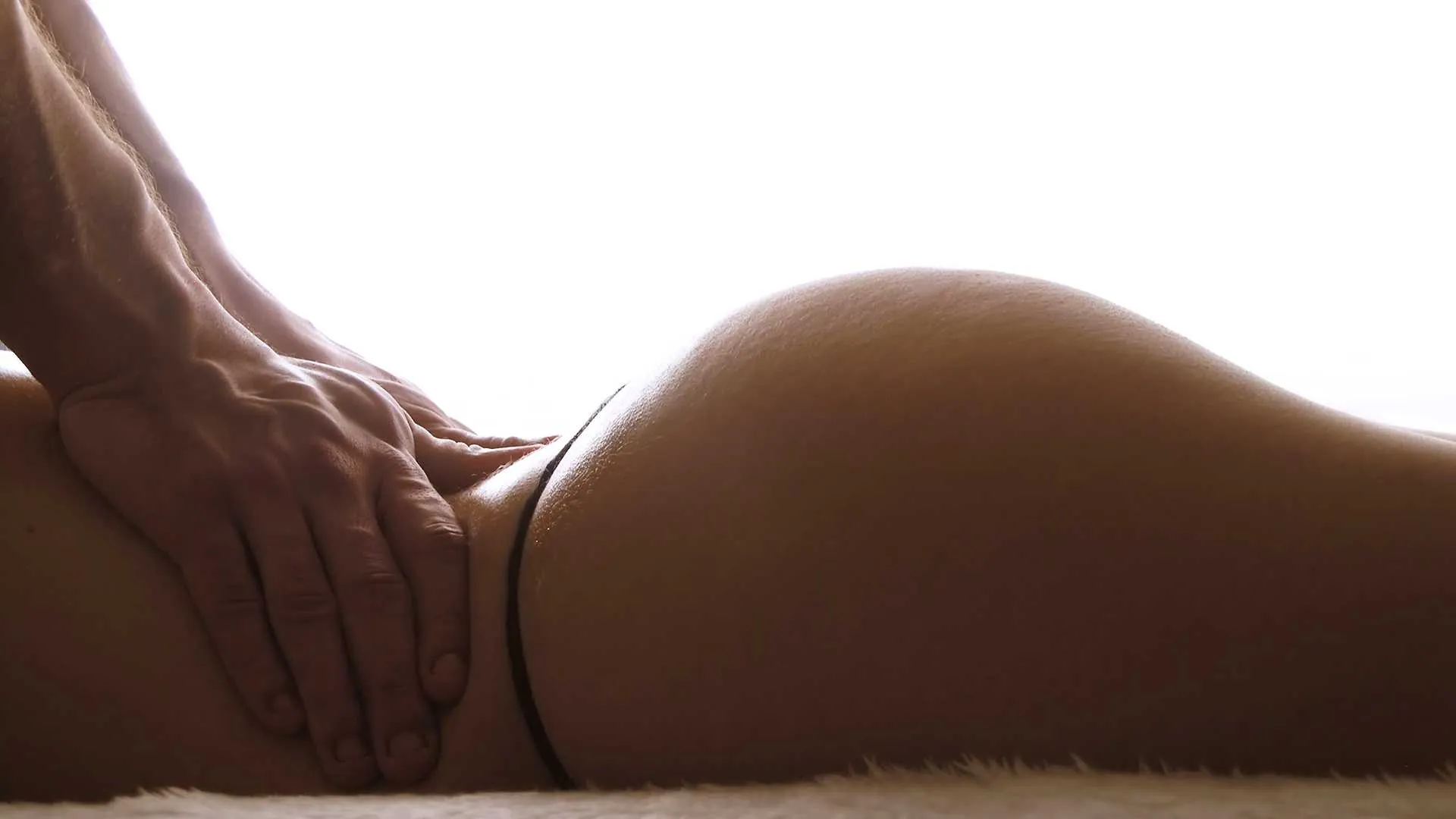In a world filled with stress and constant demands, there’s something undeniably soothing about a good massage. Whether it’s the gentle kneading of a professional masseuse or the caring touch of a loved one, the sensation of being massaged has the power to transport us to a state of relaxation and pure bliss. But have you ever wondered why massages feel so good, both physically and emotionally? This article will explore the science, psychology, and benefits of massages, shedding light on the profound impact they have on our well-being.
The Science of Massage
The delightful sensation that comes with a massage is not merely a figment of our imagination. There is science behind it. When you receive a massage, your body releases endorphins, the body’s natural feel-good chemicals. These endorphins help reduce stress and anxiety, making you feel happier and more relaxed. Additionally, massages promote the release of serotonin, another neurotransmitter responsible for feelings of well-being.
The Role of Human Touch
The human touch is a fundamental aspect of our emotional well-being. We are wired to respond positively to touch, which is why a massage can have such a profound impact. Physical touch triggers the release of oxytocin, often referred to as the “love hormone.” This hormone plays a significant role in social bonding and trust, enhancing the emotional connection between individuals.
Benefits of Professional Massages
Professional massages provide a deeper level of relaxation and rejuvenation. They are tailored to address specific issues like muscle tension, pain, and stress. Different massage techniques offer various benefits, whether it’s the soothing strokes of a Swedish massage or the deep pressure of a deep tissue massage.
Self-Massage Techniques
If you can’t access a professional massage, you can still experience the benefits of touch through self-massage. It’s a simple and effective way to relieve stress and tension. You can use your hands or various tools like massage balls to target specific areas of your body.
Cultural Perspectives on Massages
Cultural backgrounds influence our perceptions of touch and massages. In some cultures, massages are deeply rooted in tradition and seen as a form of healing. Understanding these cultural perspectives can shed light on why massages are valued so highly.
The Power of a Personal Connection
While professional massages have their merits, a massage from a loved one can feel even more exceptional. The trust and emotional bond between individuals can enhance the pleasure of touch, creating a deeper sense of connection.
The Physiology of Pleasure
Our brains are wired to derive pleasure from certain types of touch. Sensory nerves play a vital role in transmitting pleasurable sensations to the brain, making massages a powerful means of pleasure.
Massage and Pain Relief
Beyond pleasure, massages are known for their ability to alleviate physical pain and tension. The manipulation of muscles and soft tissues can provide relief from a variety of ailments, making massages a popular choice for pain management.
Different Types of Massages
Various types of massages cater to different needs. Swedish massages offer relaxation, deep tissue massages target muscle knots, and aromatherapy massages use scents to enhance the experience. Understanding these distinctions can help you choose the right one for your needs.
Factors Affecting Massage Experience
The overall experience of a massage is influenced by several factors, including the ambiance, lighting, and mood. Creating a serene environment can maximize the pleasure you derive from a massage.
Emotional Release
It’s not uncommon for people to experience emotional release during a massage. The combination of physical touch and relaxation can lead to catharsis, and some individuals even shed tears as they release built-up emotions.
Massage as a Form of Self-Care
It’s crucial to prioritize self-care, and massages can be a part of this routine. By integrating massages into your wellness regimen, you can maintain your physical and emotional well-being.
Massages and Relationships
Massages can also be a way to strengthen relationships. Whether it’s a couple’s massage or simply taking the time to massage your partner, the act of touch builds trust, intimacy, and emotional connection.
In summary, massages feel good due to the release of endorphins, the significance of human touch, and the multiple benefits they offer, both physically and emotionally. From professional massages to self-care techniques, massages are a powerful tool for relaxation and well-being.
5 Unique FAQs
1. Can massages really help reduce stress and anxiety?
Absolutely. Massages trigger the release of endorphins and promote relaxation, making them an effective stress-relief tool.
2. How can I recreate a spa-like ambiance for self-massage at home?
You can use scented candles, soothing music, and dim lighting to create a serene atmosphere for self-massage.
3. Why do people cry during massages?
Emotional release during a massage is a common response. It can be attributed to the combination of touch and relaxation, which often leads to catharsis.
4. What’s the difference between Swedish and deep tissue massages?
Swedish massages focus on relaxation and use gentle strokes, while deep tissue massages apply firm pressure to target muscle knots and tension.
5. How often should I get a professional massage for optimal benefits?
The frequency of professional massages varies from person to person. Some individuals benefit from weekly massages, while others find monthly sessions sufficient. It depends on your specific needs and preferences.
